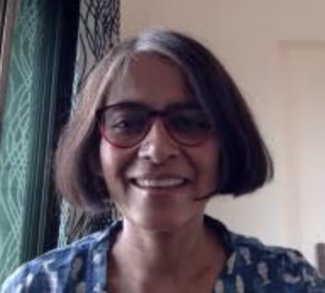Event
Dushkal Temporalities: Reframing Time in Planning for the Climate Crisis
133 S 36th Street, Philadelphia, PA

When five cyclones hit the Arabian seas in 2019, the Maharashtra Government sought to deal with each in isolation as a spectacular climate event in line with its ahistorical, technocratic approach to the climate crisis. But fishers across the region organized politically to articulate their experience of this slow disaster through what they called matsya dushkal (fish drought). At the heart of the contestation between more expansive fisher framings and reductive, official narratives is the notion of time and temporalities that are conjured up by “dushkal,” one that blurs the line between the everyday and the eventful disaster and foregrounds the messy heterotemporalities integral to fisher life. How might we learn from the time of long dyings or world endings that fishers are living in intimate relation with? And if we read Dushkal politics as a politics of life in the face of death, how might we plan differently for this crisis?
Featured Speaker
Lalitha Kamath is an urbanist and planner, working at the intersection of urban infrastructure, urban planning and governance, and the environment. She writes on dominant forms of urban transformations in the Global South—both the structural violence of spatial transformation and processes of slow violence to urban environments. Her work demonstrates the agency of marginalized groups in challenging dominant urbanisms through ethnography, storytelling, and multimedia formats. She is deeply interested in reimagining planning practice by drawing from fisher knowledge and the liquidities and temporalities of the ocean. She teaches in the School of Habitat Studies, Tata Institute of Social Sciences, Mumbai. In 2024-25 she is a Fulbright-Nehru Scholar at the University of Pennsylvania.